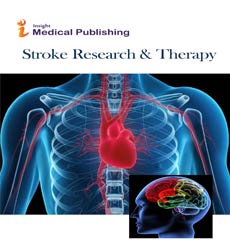Abstract
Hippocampal RNA expression gene sets and biological pathways with prognostic value for seizure outcome following anterior temporal lobectomy with amygdalohippocampectomy.
Introduction: Approximately 1% of the U. S. population suffers from epilepsy. Among these patients, 30% are defined as medically intractable and thus potential candidates for epilepsy surgery, most commonly amygdalohippocampectomy (AH) with or without anterior temporal lobectomy (ATL) in temporal lobe epilepsy (TLE). Approximately 65% of patients treated with AH will be seizure-free.
Methods: Whole transcriptome analyses were performed to test the hypothesis that hippocampal tissue RNA expression differs between patients rendered seizure-free (SF) and non-seizure-free (NSF) to establish predictive prognostic biomarkers.
Results: Comprehensive analysis of hippocampal RNA expression revealed an upregulation in biological pathways consisting of glucuronidation, reproduction, and activation of matrix metalloproteinases prognostic for SF group.
Conclusion: Hippocampal tissue RNA expression is expected to enhance selection of TLE surgery candidates by establishing predictive prognostic biomarkers for successful outcome from operative AH/ATL. This research seeks to improve our understanding of pathophysiological TLE over-activation of the innate and adaptive immune system.
Author(s):
Albert Alan
Abstract | PDF
Share this

Google scholar citation report
Citations : 63
Stroke Research & Therapy received 63 citations as per google scholar report
Abstracted/Indexed in
- Google Scholar
- Secret Search Engine Labs
Open Access Journals
- Aquaculture & Veterinary Science
- Chemistry & Chemical Sciences
- Clinical Sciences
- Engineering
- General Science
- Genetics & Molecular Biology
- Health Care & Nursing
- Immunology & Microbiology
- Materials Science
- Mathematics & Physics
- Medical Sciences
- Neurology & Psychiatry
- Oncology & Cancer Science
- Pharmaceutical Sciences

